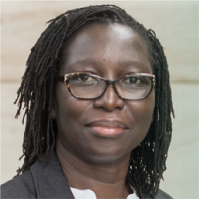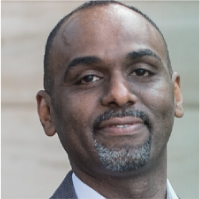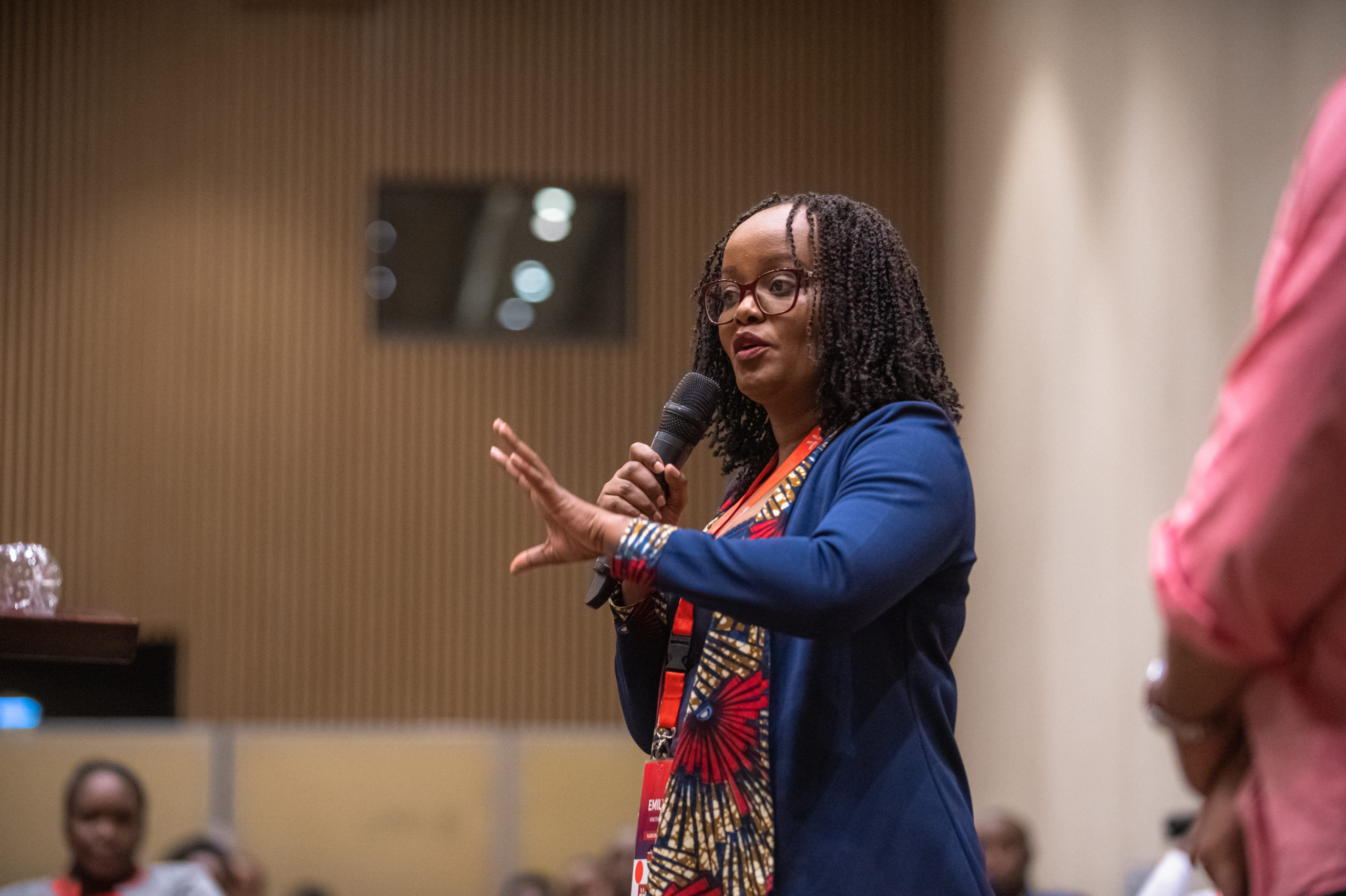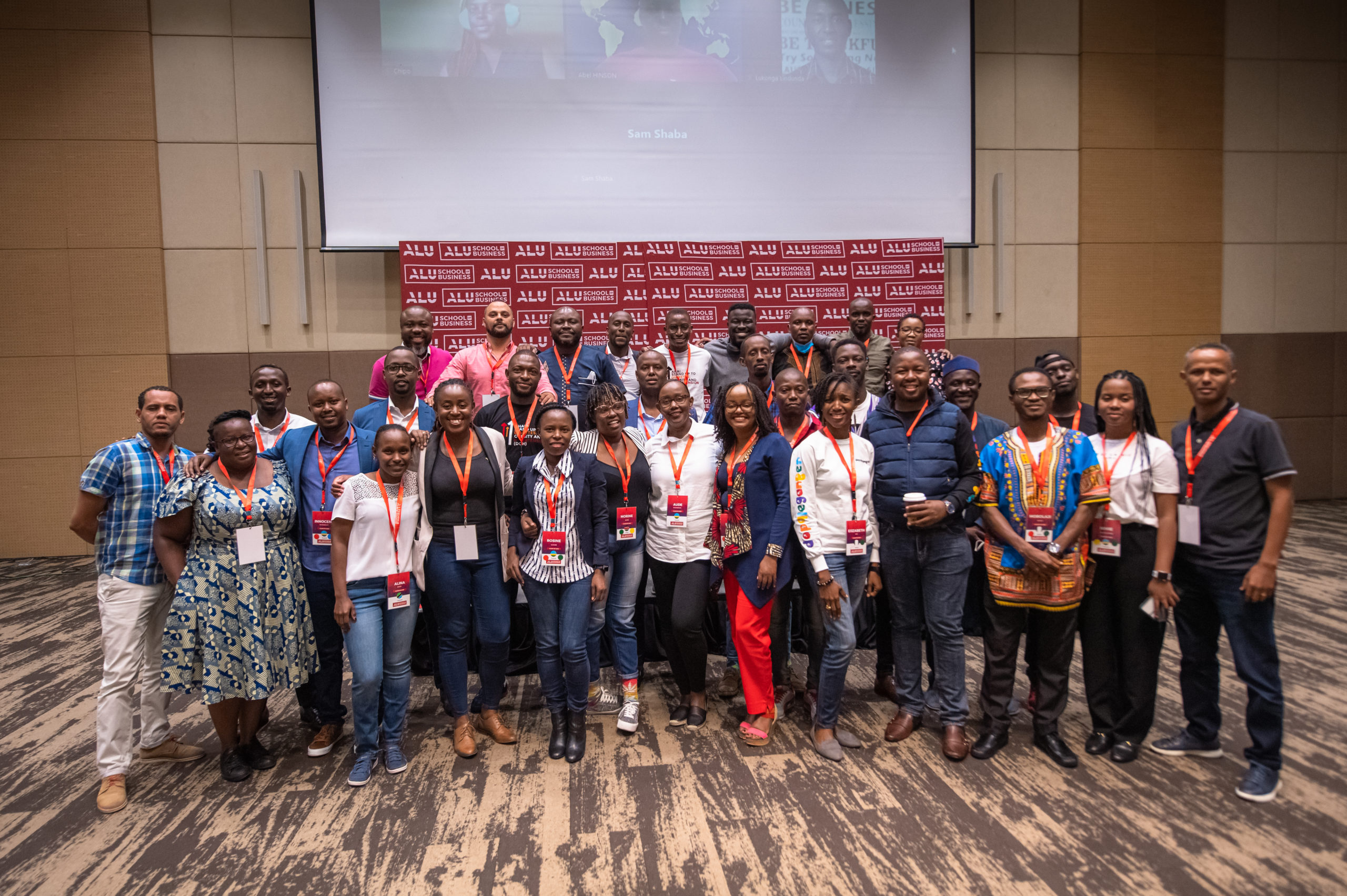Francis Daniels has over 15 years experience investing in Africa. He is the director of Africa Opportunity Partners, the investment manager of the Africa Opportunity Fund, a closed-end investment company traded on the Specialist Fund Segment of the London Stock Exchange. He holds a LL.B degree from the University of Ghana, a LL.M degree from the University of Toronto, and a LL.M degree and a LL.M (Corporations) degree from New York University Law School.
What excites you about the ALU School of Business and the EMBA?
There’s a dearth of writing and instruction on how to navigate the African business and investment landscape. This might be because the African Business landscape combines aspects which are globally common in the 21st Century with aspects that are peculiar to the African landscape. I thought it would be useful and instructive to discuss and debate with students how to think about some of those aspects.
For example, current corporate finance theory has a model called the capital asset pricing model for determining cost of equity of a company. A crucial ingredient of this model is that local currency-denominated government debt is risk free in that local currency. ZiEMBAbwe Dollar denominated government debt or Kenyan shilling denominated debt was, or is, risk free in those currencies. Consequently, you start with risk free rates, add various factors to come up with the pricing of the equity of, say, a ZiEMBAbwean or Kenyan company. Well, I have encountered situations where an African government defaulted on its local currency denominated debt, but private sector companies paid dividends at the same time that the government was in default. Côte D’Ivoire in 2010, which suffered a brief civil war after national elections, comes to mind. Investments in Ivorian companies proved less risky than owning Ivorian government debt. Yet, Standard & Poor’s claims that a private company cannot have a higher credit rating than its sovereign or government, implying that a sovereign or government must be more creditworthy. One probable reason for this oddity in Côte D’Ivoire was it shared a regional currency, the CFA Franc which is somewhat like the euro, and a regional central bank instead of owning a national central bank able to print Ivorian francs at will.
What I’m saying here is, there could be a lot more investigation of the kinds of investment and business theory appropriate for Africa’s institutional arrangements and investment landscape.
What will your focus be with respect to curriculum?
I’ll be working in the investment area. That entails certain aspects of accounting and assessing the known and unknown uncertainties you assume in buying security or investing in a company. Those uncertainties tend to be contextual. Context includes features like the characteristics of a country, its political patterns, and how it deals practically with disputes, and more. The effects of national electoral contests on fiscal deficits and the cost of money are much sharper in some countries than others. Meanwhile, you can have companies which in global operating terms are average, but in their countries have strong financial characteristics. How those cross-currents manifest themselves in the data and analyses of African companies will be a curricular focus.
What should people look forward to in your class?
I’d like to help students think about how to assess investment opportunities in an evolving Africa. One area to consider is the growing trend of industries spanning national borders. Africa has very little intra-Africa trade. It is picking up. How should those new trends be incorporated into the valuation of investment opportunities? Is there a place for incorporating ethical factors in the analysis of investments across Africa? Lastly, how should business people protect their businesses and investments through the volatile economic cycles of many African countries? Those are a few of the class topics.
Why do you think an EMBA is important for African business leaders looking to make an impact, in their careers and on the continent?
That’s an interesting question, since I don’t have an EMBA. One of the ignored aspects of economic development is the calibre of entrepreneurs. There’s a lot of attention on the calibre of public or political leaders and whether they can be more honest or more dedicated to national interest? We need similar levels of academic attention bestowed on African entrepreneurs, businesspeople, and corporate employees. That is a function of a well-designed EMBA program for Africa’s managers and businesspeople.
Surely, it makes a positive difference when an African entrepreneur has a deep understanding of how business principles have been applied in successful and unsuccessful ways in various African countries. I’m not suggesting that an EMBA is essential for doing that, but developing an existing body of knowledge that presents the African business experience in a systematic and analytical way will be useful and is a part of the process of upgrading the calibre and quality of African entrepreneurial business class.
There’s also the subordinate question of why not be content with going to school outside the continent. The answer is that there’s part of an EMBA that is international and there’s a part based on local experiences. The facts used to compose case studies-a teaching tool of EMBAs-are local-whether in the US or Japan. The landscape of business in India is different from the landscape of business in South Africa. Do we expect an Indian or American business school to build a majority of their case studies on South African experiences? The obvious answer must be “no.” Therefore, Africans have to design EMBA programs based on their own experiences so they can compare and contrast their experiences with those in other parts of the world.
People cite corruption as a barrier to doing business in Africa all the time. What other unspoken barriers are there?
There are quite a number of other barriers to doing business, I suppose. The biggest example is volatile and high inflation or very high national tariffs. Is corruption a barrier? It’s bound to be. A climate of corruption nurtures more uncertainty for business people than is warranted and this is a big deterrent.
My own feeling is that, as much as possible, people who want to have greater security over the long haul have to avoid corruption. Returning, though, to unspoken barriers, I think that the low productivity of African agriculture is a huge barrier. It makes the cost of African labour higher than it need be and reduces the size of the potential African market for non-agricultural goods and services. The poor state of Africa’s physical infrastructure also ranks high on the list of barriers. A final example would be the multiplicity of small national markets in stead of regional markets. These barriers, though, present also big opportunities for members of Africa’s business and managerial class. Converting those opportunities into the profitable provision of goods and services that dissolve these barriers requires a high calibre of ethical African managers and entrepreneurs. Let’s hope that ALU’s EMBA can make a modest contribution to expanding the supply of those African managers and entrepreneurs.






